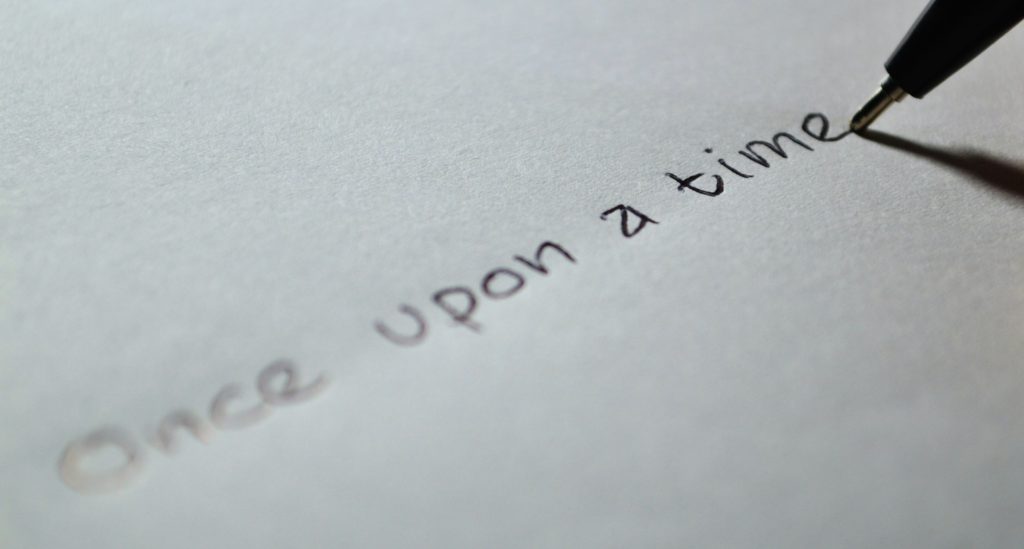Writing your first novel is a big deal. If you pardon the ridiculous metaphor, writing your first novel is not unlike the first time you slept with someone: It’s exciting, scary, fascinating, and – looking back – kind of special yet also pretty “meh”. The trick in learning how to write your first book lies in understanding what to expect.
But there’s more.
To continue the same symbolism, just as a new partner makes it feel like the very first time all over again, you might have written ten books, but you can still get the “writing my first book” experience all of a sudden. In other words, even if you have already written at least one book, this post applies to you too.
Drawing from my own long and sometimes painful experience, in this post I will give you some simple but useful tips on how to write your first book of fiction – whether it’s your literal first or the first book in a new beginning you want to be making.


